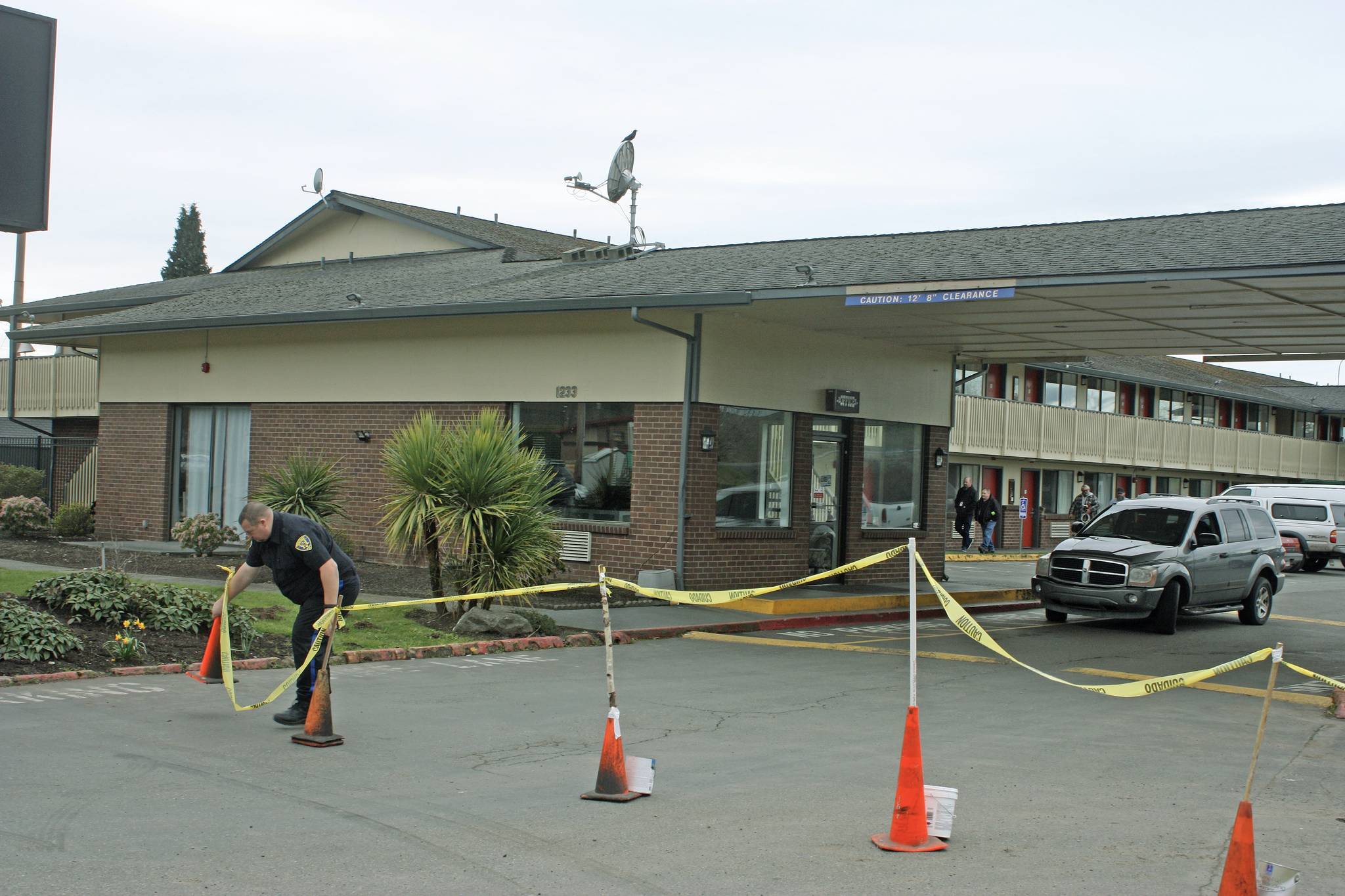Citizens of White Center and a King County Councilmember from Kent have expressed their worries over the county’s location of coronavirus quarantine sites, as well as the process that led to those sites being chosen.
Chris Blado, a resident of White Center, began a petition on Change.org after he learned that another county quarantine facility would be at 206 SW 112th St. in White Center. Blado said he started the petition partially because he was frustrated by the way facility’s location was announced, but also because of concerns for his community. As of March 11, more than 17,000 people had signed the petition.
“Historically, this is a neighborhood that has a large immigrant population and a large, non-native English speaker population,” Blado said. “So the fact that they did no outreach is bad enough, the fact that they did no outreach in a community where there’s already communication barriers … (is) sort of neglect and mismanagement by the county.”
Blado speculated that the lot was part of an emergency response plan that had not been reviewed in years.
“At the end of the day, however you want to spin it, you’re putting a coronavirus quarantine facility in poor neighborhoods,” Blado said. “I believe that this is a decision that will, and should, haunt these officials throughout the rest of their public service.”
Sameth Mell, an activist in the South Seattle area, said the concern with the quarantine center’s location was over racial and economic justice.
“We should not be burdening the low income and the poor communities more often than folks who have the money and the means,” Mell said. “It’s also a race issue because if you look at who makes more money in the region, it’s obviously white men and white folks in general … We as a collective of people of color (ask) why are we being burdened on that?”
Kirkland, the epicenter of Washington’s coronavirus outbreak, is a 76 percent white community, according to data from the U.S. Census Bureau. White Center and Kent are both more diverse, with about 48 percent of their residents being white. Both Blado and Mell said they believe the economic and racial demographics of White Center have led to its neglect by King County during the outbreak.
Dave Upthegrove, a King County Councilmember representing Kent, said in a statement on Facebook that he was concerned with the equity of the site locations. In the statement, he echoed his words from a King County Council meeting on March 3.
“It is in times of crisis that the values of government can get tested. And it can be easy to set aside things like our equity and social justice principles and other values when there is an emergency right in front of us,” Upthegrove said in the March 3 meeting. “I just want to encourage the (Executive Dow Constantine) to continue — even though they are emergency policies in a time of crisis — to use those values and that lens.”
The decision to locate two of the locations in South King County drew strong criticism at a March 10 King County Council meeting. During a lengthy public comment period on emergency appropriation funding, which included more than $4 million for the Kent hotel alone, several speakers raised equity concerns over their placement.
In total, the county voted to authorize more than $28 million in COVID-19 outbreak response funding.
Many residents of White Center felt the county had not done adequate public outreach within their community.
Council members Joe McDermott and Girmay Zahilay proposed an amendment that would have removed funding for the White Center location, but the amendment was struck down. King County issued an emergency declaration last week, which gives broad powers to government agencies to respond to the outbreak.
“We are doing this because we believe we have to,” said county budget director Dwight Dively.
In addition to the Kent and White Center locations, two other facilities will be located in the Interbay neighborhood of Seattle, as well as off Aurora Avenue.
While voting to keep the White Center location, council member Rod Dembowski called the county’s public outreach a failure. Leo Flor, the head of the county’s Department of Community and Human Services, said the county had not completed a full equity assessment before selecting the White Center location.
Talk to us
Please share your story tips by emailing editor@kentreporter.com.
To share your opinion for publication, submit a letter through our website https://www.kentreporter.com/submit-letter/. Include your name, address and daytime phone number. (We’ll only publish your name and hometown.) Please keep letters to 300 words or less.

